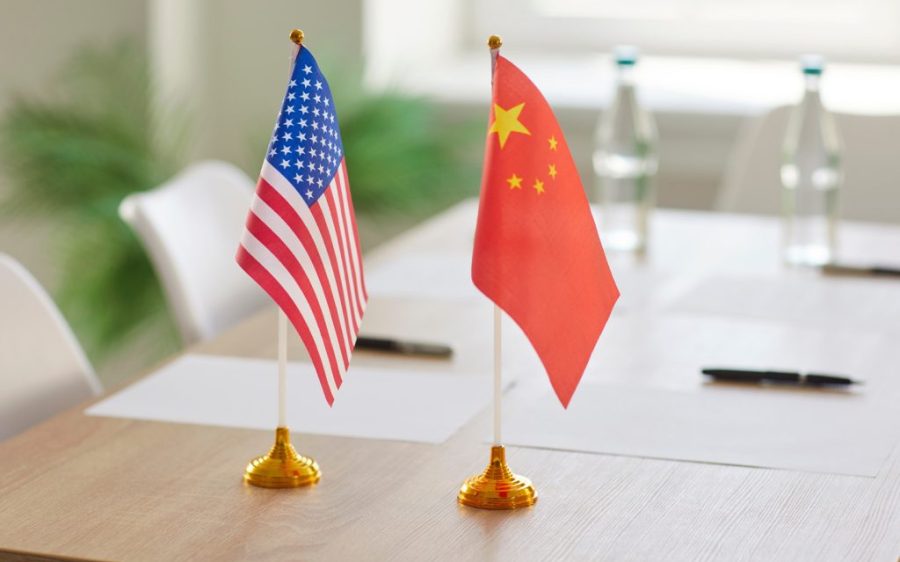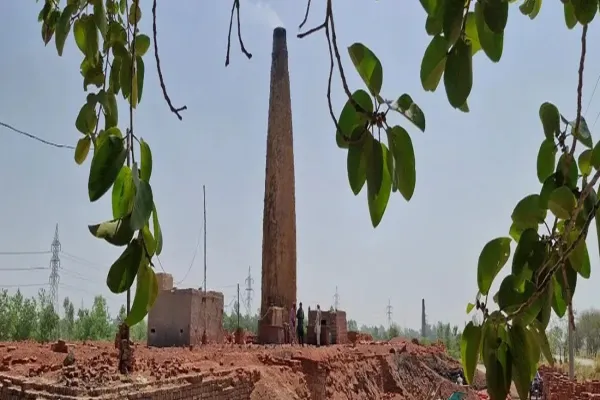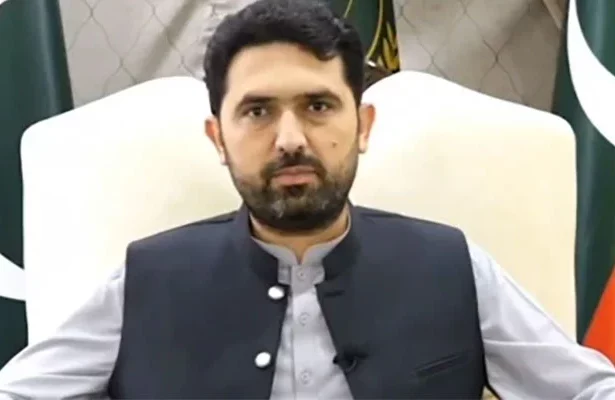ISLAMABAD: On Wednesday, Pakistan and Afghanistan signed a temporary ceasefire agreement to avoid a larger conflict. 48-hour ceasefire announced: Qatar played an important role in the ceasefire between Pakistan and Afghanistan. The deadly border clashes can escalate to a wider regional conflict if not stopped at the right time. The ceasefire came into effect at …
Pakistan and Afghanistan Step Back from the Brink Amid Rising Tensions: Ceasefire Announced

ISLAMABAD: On Wednesday, Pakistan and Afghanistan signed a temporary ceasefire agreement to avoid a larger conflict.
48-hour ceasefire announced:
Qatar played an important role in the ceasefire between Pakistan and Afghanistan. The deadly border clashes can escalate to a wider regional conflict if not stopped at the right time. The ceasefire came into effect at 6 p.m. local time on Wednesday.
According to Pakistan’s Foreign Office, both sides pledged to make sincere efforts toward finding a peaceful resolution through constructive dialogue. The statement emphasised that the issue is “complex but solvable” if both parties remain committed to peace.
Confusion over truce:
According to the Pakistan FO, the Taliban has asked Qatar to play an immediate role in the ceasefire. However, the Afghan Taliban claimed that the ceasefire came into effect due to Islamabad’s appeal.
Even the duration by both sides differs. Pakistan claimed it to be 48 hours, while the Taliban described it as an open-ended truce. However, the two countries want an immediate pause beyond any differences.
A senior Pakistani military source told reporters that the Taliban sought the ceasefire after facing a “strong and effective response” from Pakistan’s armed forces during the recent clashes.
Qatar’s diplomatic role:
The sources confirmed that Qatar has played a significant role in erasing the tension between the countries. Upon an announcement of a ceasefire agreement, Qatar’s Minister of State for Foreign Affairs, Dr Abdulaziz Al-Khulaifi, appreciated Pakistan’s constructive engagement in promoting regional peace.
Pakistan’s Deputy Prime Minister and Foreign Minister Ishaq Dar expressed gratitude to Qatar for its consistent support. Dar clearly stated that Pakistan will always defend its sovereignty. However, it is also committed to ensuring regional stability. It is the second ceasefire between Pakistan and Afghanistan since hostilities began on October 11, although the first truce was not officially publicised.
Scepticism over truce deal:
Experts warn that the truce might be short-lived without a proper monitoring mechanism. Defence Minister Khawaja Asif expressed scepticism. He said that the Taliban have become a “proxy for Delhi” and might not uphold the agreement.
While talking to Geo News, he said, “I have my doubts that the ceasefire will hold because Delhi is sponsoring the Afghan Taliban. Right now, Kabul is fighting a proxy war for India.”
He added that Pakistan is fully prepared to defend itself and will respond decisively to any future attacks. He also emphasised, “We do not want to fight, but if we are attacked, we have the right to respond.”
Background of the clash:
The clash began when Taliban fighters targeted Pakistan’s border posts in Chaman late Tuesday night. Using mortars and heavy weapons, they attacked positions in the Sui Karez area of Kozak Pass.
The fight lasted for several hours, and Pakistan immediately responded to the attack. Taliban forces also opened fire across multiple points along the border. Due to the attacks, the infrastructure near the Pakistan-Afghanistan Friendship Gate has been affected.
According to local officials, several civilians, including women and children, were injured in the exchange. Hospitals in Chaman were put on emergency alert, schools were closed, and residents fled to safer areas.
Pakistan’s military launched retaliatory airstrikes on Taliban camps in Kandahar and Spin Boldak. It targeted militant positions linked to Tehreek-i-Taliban Pakistan (TTP).
The Inter-Services Public Relations (ISPR) later confirmed that at least 20 Taliban fighters were killed, and several militant installations were destroyed.
Reports from Kandahar suggested eight confirmed deaths, with many others injured. Additional clashes were also reported along the Kurram border, where Pakistani forces claimed to have killed 25 to 30 militants.
Explosions in Kabul:
Before the ceasefire took effect, two explosions shook Kabul’s Taimani area. The Taliban blamed the incident on an oil tanker fire, but residents reported two separate blasts.
Local hospitals confirmed 40 casualties, including five deaths. State-run PTV later reported that “precision strikes” had targeted the leadership of TTP, a militant group responsible for multiple attacks inside Pakistan.
A Pakistani diplomat told reporters that the immediate goal after the truce is to “secure assurances from Kabul” about dismantling cross-border militant camps. Without this, experts fear the border could again become a flashpoint.











